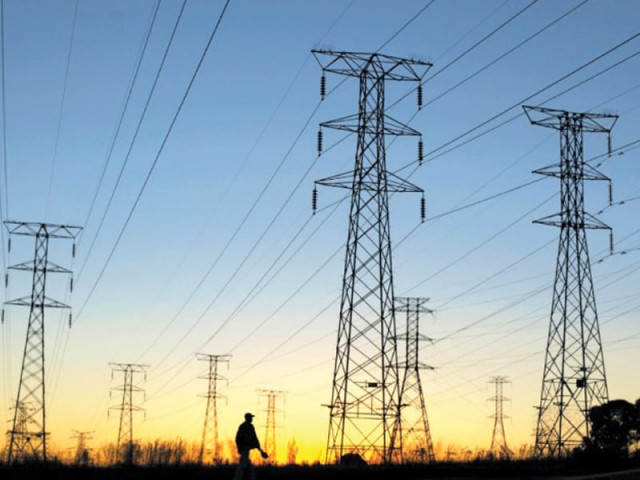Water and power
The electricity utility supplies power to the board’s pumping stations and, in return, it wants to be paid on time.

The electricity utility supplies power to the board’s pumping stations and, in return, it wants to be paid on time. PHOTO: FILE
In a similar fight in 2012, the water board went to court and sought a stay order against the KESC from disconnecting power supply to its hydrants. On November 26, it succeeded in seeking another stay order, in which the Sindh High Court prevented the KESC from practising load-shedding at hydrants. In addition, the judge also ordered the water board to meet its payments within a week.
In this fight between large organisations, the ultimate sufferers were the people of Karachi who did not have access to water for several days. The government authorities intervened and prevented the crisis from worsening, and the high court’s prompt stay order helped resume water flows into the city, but had that not been the case, Karachi would be facing repercussions of a severe water shortage, which may even have eventually turned violent, as many authorities feared.
Now that the court order has given the organisations space to breathe, it is perhaps a good time to look into options that should resolve the crisis in the long run. According to suggestions made by Dr Kaiser Bengali, former adviser to the Sindh chief minister, and NGO Shehri-CBE, the billing of water hydrants should be made independent. If a third party is taking care of collecting bills and making the relevant parties pay, then it can make sure the situation is not exploited. Installing metres at these hydrants is also a workable solution as it holds the local operators accountable and helps reduce wastage of electricity.
Published in The Express Tribune, November 30th, 2013.
Like Opinion & Editorial on Facebook, follow @ETOpEd on Twitter to receive all updates on all our daily pieces.














COMMENTS
Comments are moderated and generally will be posted if they are on-topic and not abusive.
For more information, please see our Comments FAQ